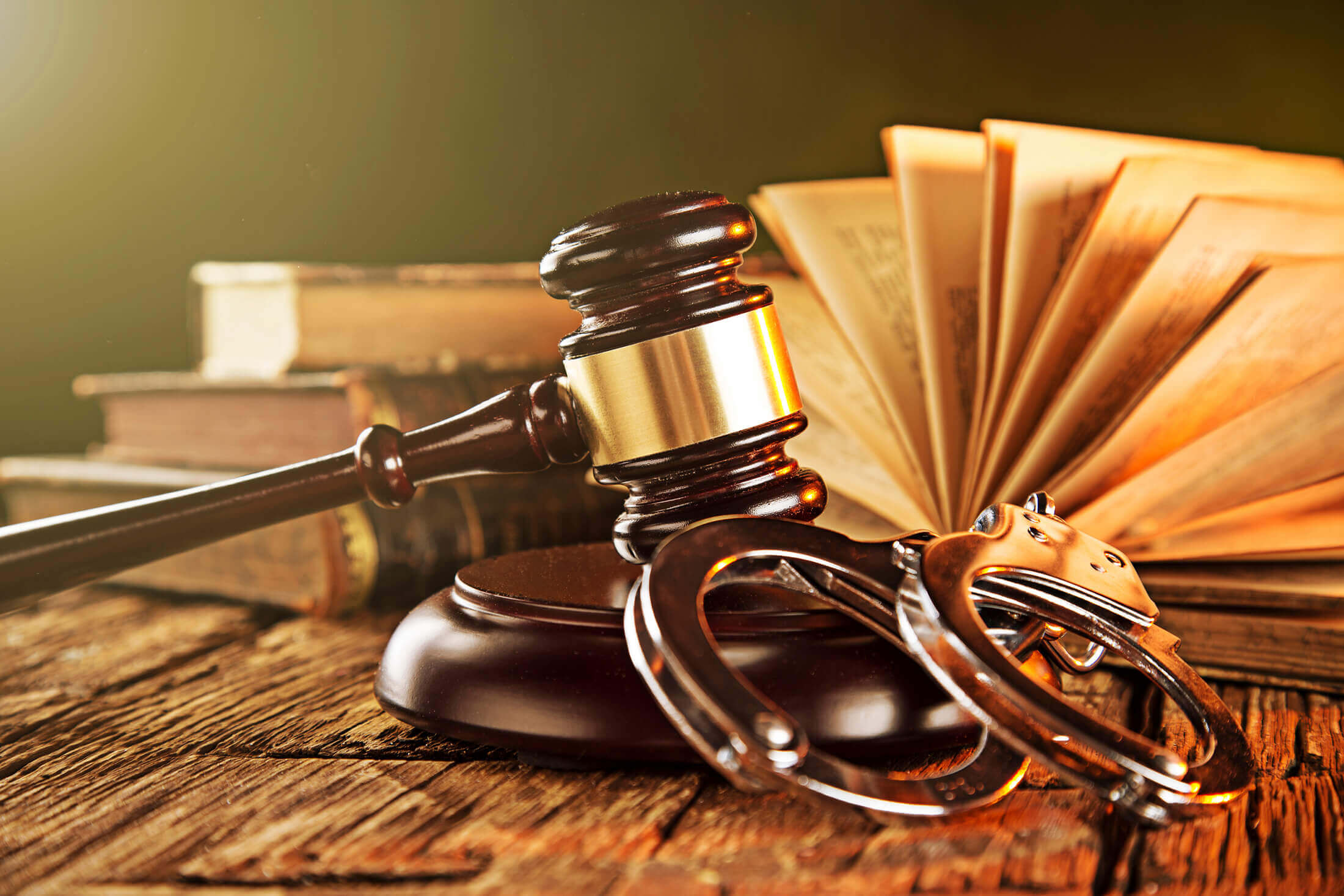Lease Renewals and Terminations – Commercial Leasing Lawyers’ Roles
Lease renewals and terminations are critical aspects of commercial leasing, and the involvement of lawyers in these processes can significantly affect the outcomes for both property owners and tenants. Commercial leasing lawyers play multifaceted roles in negotiating, drafting, and executing lease renewals and terminations, aiming to protect their clients’ interests while ensuring compliance with legal requirements. When it comes to lease renewals, Commercial leasing lawyers act as strategic advisors, guiding their clients through the intricate process of renegotiating lease terms. They meticulously review the existing lease agreement, assessing its provisions and identifying areas open to negotiation. Whether it is negotiating rent increases, modifying lease terms, or addressing any disputes that may arise, lawyers leverage their expertise to secure favorable outcomes for their clients. Additionally, Commercial leasing lawyers play a crucial role in ensuring compliance with legal requirements during the renewal process. They navigate complex legal frameworks governing lease renewals, such as local zoning regulations, landlord-tenant laws, and any specific provisions outlined in the original lease agreement.
By staying abreast of regulatory changes and legal precedents, lawyers help their clients navigate potential pitfalls and mitigate risks associated with lease renewals. In cases where lease terminations are sought, Commercial leasing lawyers serve as advocates, representing their clients’ interests in negotiations with property owners or tenants. Whether initiated by the property owner due to breaches of lease terms or by the tenant seeking an early exit, lease terminations require careful consideration of legal rights and obligations. Lawyers leverage their negotiation skills and legal acumen to achieve mutually beneficial resolutions, minimizing potential disputes and financial liabilities. Moreover, Commercial leasing lawyers play a critical role in drafting and reviewing termination agreements to ensure they accurately reflect the terms negotiated between parties and provide adequate protection for their clients. They scrutinize clauses related to lease termination fees, obligations for property restoration, and any post-termination liabilities to prevent ambiguities and potential litigation down the line. Throughout the lease renewal and termination processes, commercial leasing lawyers also act as mediators, facilitating communication and resolving conflicts between property owners and tenants.
They serve as neutral parties, helping to bridge gaps in understanding, clarify legal rights and obligations, and facilitate negotiations to reach mutually acceptable solutions. By fostering open dialogue and promoting transparency, lawyers help build constructive relationships between parties, fostering trust and reducing the likelihood of contentious disputes. Furthermore, Commercial leasing lawyers play a vital role in dispute resolution, representing their clients in litigation or alternative dispute resolution mechanisms such as mediation or arbitration. Whether disputes arise from lease renewal negotiations, alleged breaches of lease terms, or disagreements over termination terms, lawyers advocate for their clients’ interests and work tirelessly to achieve favorable outcomes through legal channels. The roles of Commercial leasing lawyers in lease renewals and terminations are multifaceted and indispensable. From providing strategic advice and navigating legal complexities to advocating for their clients’ interests and resolving disputes, lawyers play a pivotal role in ensuring successful outcomes for property owners and tenants in the dynamic landscape of commercial leasing.

